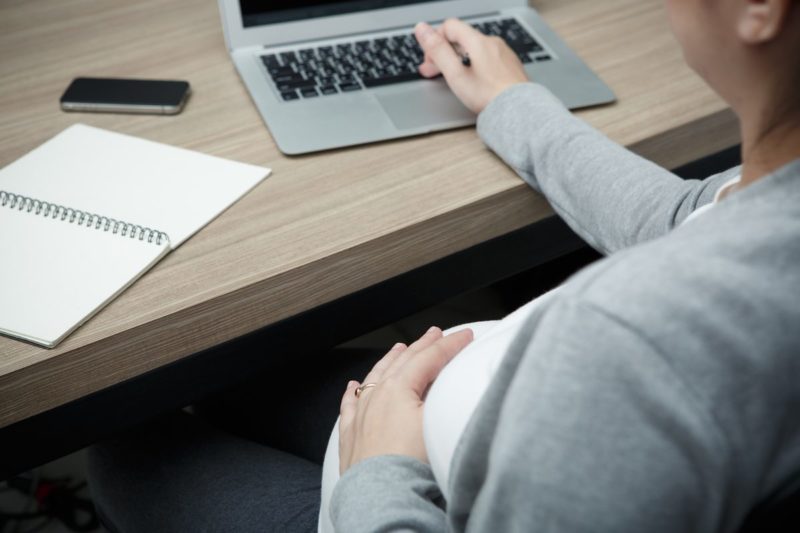Lawmaker: Pregnant Workers Who Want Accommodations Should Quit
Many workers lack a rainy day fund to tide them over during a job search. Nearly 40 percent of 3,200 full-time workers polled nationwide in 2016 said they sometimes live paycheck to paycheck.

A South Dakota Republican this week offered an unusual solution for workers denied on-the-job pregnancy accommodations: quit.
Rep. Wayne H. Steinhauer (R-Minnehaha) was on a panel of state lawmakers, all men, who voted 8 to 3 Monday to shelve a bill requiring reasonable workplace accommodations during and after pregnancy, including frequent or longer breaks, modified work schedules, and private non-bathroom space for breastfeeding.
“It’s not prison. You can quit,” Steinhauer, a business owner, said during a Monday hearing of the House Commerce and Energy Committee on the bill, HB 1120. “You’ve got a choice every day. You make a choice whether you come to work. And I’m here to tell you, if a person’s not allowing you to breastfeed at work or making appropriate accommodations at work, we can pass this law, but you don’t want to work for that guy. Get the heck out of there.”
Eighteen states and the District of Columbia require pregnancy accommodations from employers, according to the National Partnership for Women & Families.
Quitting a job, especially while pregnant, poses challenges. Although South Dakota’s jobless rate of 2.8 percent is among the country’s lowest, many workers lack a rainy day fund to tide them over during a job search. Nearly 40 percent of 3,200 full-time workers polled nationwide in 2016 said they sometimes live paycheck to paycheck. A 2014 Brookings Institute paper found that about one-third of American households live hand to mouth.
Business groups oppose the South Dakota legislation, which would have barred employers from retaliating against workers seeking pregnancy accommodations. The bill would have carved out an exemption for workplaces where pregnancy accommodations posed a hardship.
Proponents said the accommodations would keep more pregnant people in the workforce and allow mothers to breastfeed longer, which, according to some research, makes for healthier children.
“I hear about women pumping in bathrooms, closets, putting up curtains around their work spaces,” Dr. Amy Kelley-Osdoba, a Sioux Falls OB-GYN, told lawmakers. “Breastfeeding rates at six months go down by half, and a lot of that is related to women going back” to a job site that doesn’t accommodate breastfeeding.
Samantha Spawn, interim executive director of NARAL Pro-Choice South Dakota, told lawmakers that extreme dehydration at a former waitressing job sent her into emergency labor when she was eight months pregnant. She said the bill guarantees the right to reasonable accommodations, like more frequent breaks, potentially averting cases like hers.
“I know that my experience is not unique,” Spawn told lawmakers. “Many women I have talked to have similar stories.”
The federal Pregnancy Discrimination Act (PDA) of 1978 outlawed pregnancy discrimination, but some employers fall short of accommodating the needs of pregnant workers. The U.S. Supreme Court recently held in Young v. United Parcel Service that employers that fail to accommodate pregnant workers with medical needs violate the PDA.
